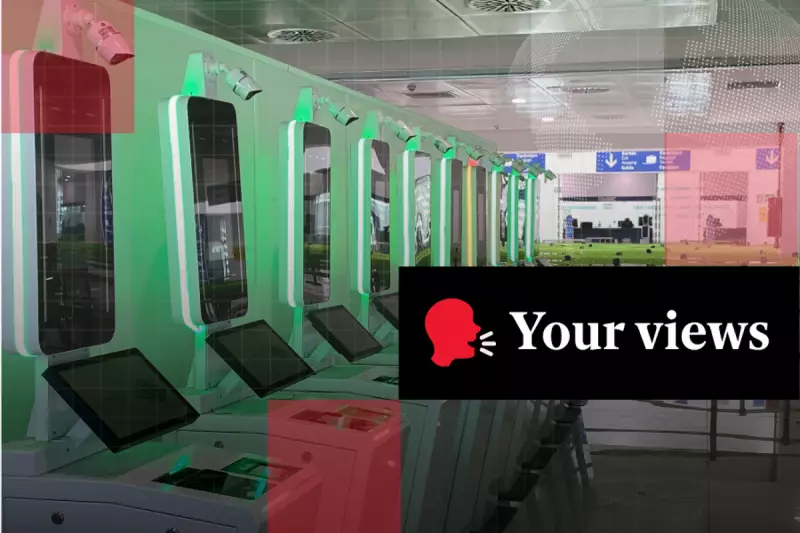
British holidaymakers are set to face significant disruptions and potentially massive queues when travelling to Europe under new EU border controls coming into effect later this year. The long-awaited Entry/Exit System (EES) represents one of the most tangible consequences of Brexit for ordinary travellers.
What is the EES and How Will It Affect You?
The automated EES will register non-EU visitors' details including their name, travel document type, biometric data like fingerprints and facial images, plus the date and place of entry and exit. While designed to strengthen border security, the system requires physical registration on first use each year, meaning every traveller must be processed individually.
The Reality of Post-Brexit Border Delays
According to latest projections, the Port of Dover could see waiting times balloon to 14 hours during peak periods once the system goes live in October 2024. Eurostar and Eurotunnel services are also expected to experience substantial disruptions as border officials adapt to the new requirements.
Richard Ballantyne, Chief Executive of the British Ports Association, warned: "We're looking at a step change in processing times. What used to take seconds could now take minutes per vehicle, creating a cumulative effect that could bring cross-channel travel to a standstill."
Key Concerns for UK Travellers
- Extended processing times: Manual registration could take 5-10 minutes per passenger initially
- Peak period chaos: Summer holidays and bank weekends likely to be worst affected
- Infrastructure challenges: Limited space at ports like Dover for expansion of border facilities
- Additional documentation: Potential need for enhanced passports and biometric data collection
Preparing for the New Travel Reality
Travel industry experts advise holidaymakers to build in significant extra time for journeys to Europe and consider travelling outside peak hours where possible. The EU is developing an app to pre-register some data, but this won't eliminate the need for in-person biometric checks.
As one ferry operator noted: "This isn't a teething problem - it's the new normal for UK-EU travel post-Brexit. Travellers need to adjust their expectations accordingly."





